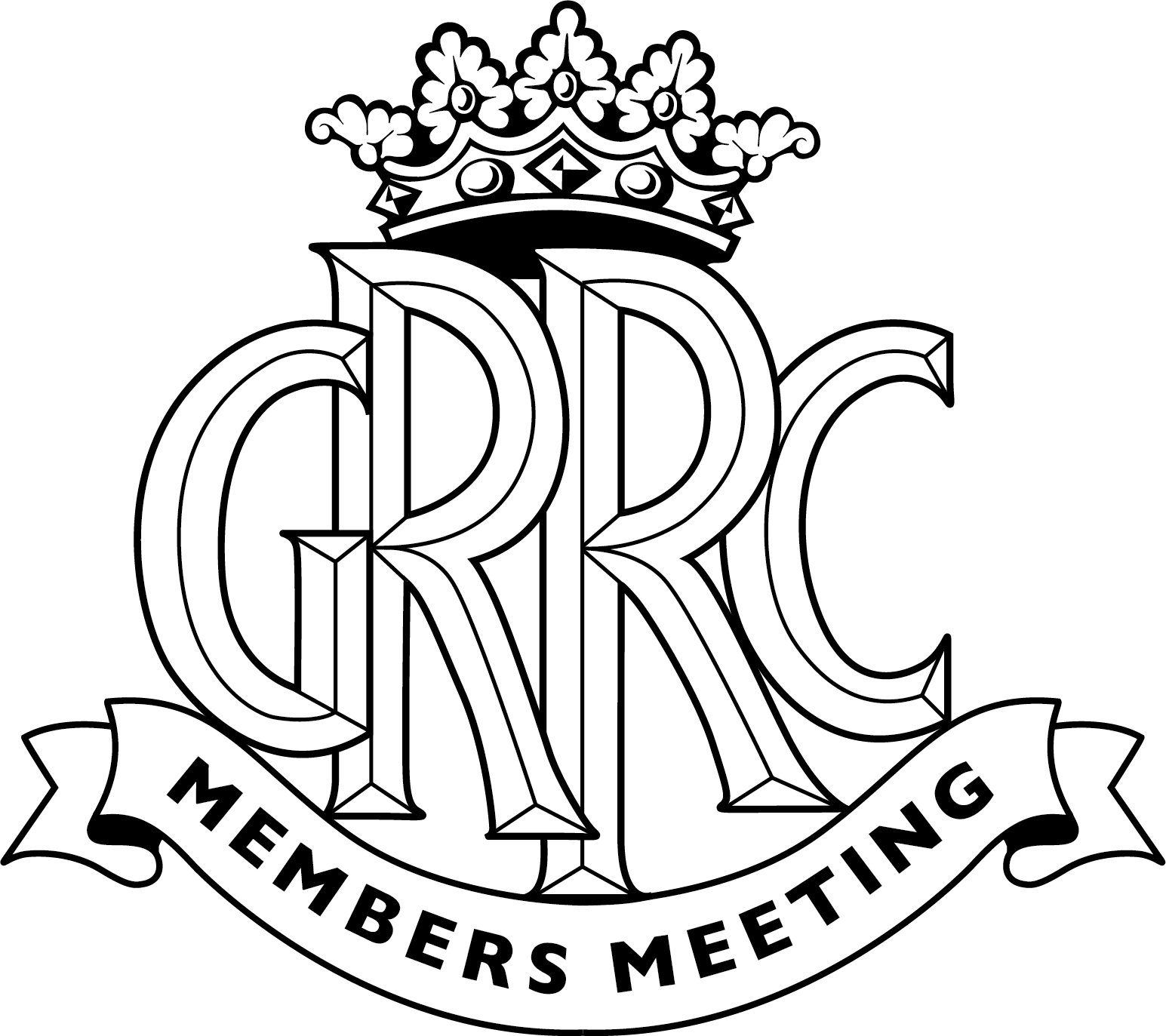Retracing the history of a very special Ferrari 250 GT
The selection of Ferrari 250 GT SWBs often seen racing at Goodwood serves to give a snapshot of the near-monopoly the Scuderia had on GT and gentleman racing in the late 1950s and early 1960s. Here at the Revival in 2021, however, Girardo & Co had an example of the even more rarified model that directly informed the SWB, the 250 GT Interim Berlinetta. This car, number four of the seven made, returned to Goodwood 61 years on from its TT debut, the Madagascan colours in which it was originally delivered resplendent in the Sussex sun.

First, some background. In the late 1950s Enzo Ferrari was keen to capitalise on the success of the 250 ‘Tour de France’, nicknamed for how successful it was in the legendary French road race. The successor was to be the lighter, nimbler, more focused, more advanced SWB. That’s where ‘Interim’ 250s, like this one, came in. Created before the SWB chassis was ready, they were conceived using the existing long-wheelbase chassis design with a development version of the new distinctive alloy Pinin Farina bodywork.
Happily, the 2021 Revival offered the rare opportunity to be able to compare the Interim to the SWB that followed, in the flesh, given they were situated next to each other in the paddock shelters. The Interim carries an extra 200mm in its wheelbase compared to the SWB – not that dramatic a difference, but noticeable. That kinked coupe window behind the doors, which the SWBs ditched and is vestigial of that extra length, is a tell-tale, as is the comparative lack of louvres or brake duct sleeves and the shallower bonnet vent.
These were also bereft of the disc brakes with which the SWB debuted at Paris in 1959, just three months after the Interim’s introduction. Many, including this car, were upgraded in short order. Beyond the development of the new bodywork, Interims tested new 12-port induction alloy cylinder heads with external plugs for speedier servicing, along with experimental carburettors. In spite of the upgrades, official records state the Interims are no more powerful than the 250 GTs they succeeded.
Interims are as rare as they are rarely seen. Just six remain today and modern racers most often gravitate to the quicker, sturdier more advanced SWB. Chassis 1509 has been in the same ownership for the last 20 years, having been purchased in a Bonhams auction in 2001. It’s looked after by the Light Car Company in London and is considered a sweetheart of the owner’s collection, driven only occasionally on the road.
Max Girardo’s drive of it in the Stirling Moss Memorial Trophy was born of the owner’s desire to see it return to Goodwood, where its original owner, Madagascan-based Jo Schlesser (hence the colours), raced it for the final time at the RAC TT in August 1960. Yes, the very race in which Sir Stirling Moss raced the iconic Rob Walker 250 SWB to victory, so it was fabulous to see it on the Memorial grid. It was a tentative outing for a car that’s not yet found its modern-day racing legs. However, we’re told that the owner was thrilled to see it out and will be keen for it to see more action on-track at Goodwood and beyond going forward.
“We’re here to bring it back to Goodwood,” said Peter Macalpine of Girardo. “We’re not here to compete. We weren’t expecting to be dicing up the front. It’s a beautiful car, something really special, so we wanted to get it out there and show it off. Max had a couple of little dices which was exciting. Luckily, we wired the fuel warning light to the oil pressure. The light came on and thank God we brought it in. It’s a client of ours, a really good friend. He said he’d love to see it back at Goodwood.”
In the period, prior to the TT, Schlesser took the car racing in the Nürburgring 1,000km in 1960 and the Tour de France in 1959. The latter he took on alongside his wife, Annie. It also saw action at the Trophee d’Auvergne. After the TT, Schlesser sold the car to an Edgar Berney, who campaigned it extensively in Europe. It spent most of the following decades in Switzerland before the current owner acquired it in 2001, when it promptly saw action at Tour Auto for six years running. Its last documented outing is in 2014, on a Ferrari 250 event. We hope to see it make more appearances and get racing competitively.
To us, Interim feels an unfair name for these cars. It’s almost dismissive, implying the car is a waystation on the path to better things. Sadly, there is an element of truth to that. Much as we revere these artisan-crafted historic sportscars today, in period, they were tools for racing. Its title was the price of progress, its purpose to pave the way for the SWB. Today the Interim is absolutely an essential piece of history: the next step in the 250’s journey from Gentleman racer’s darling to near-prototype Le Mans weapon. It’s a distinctive example of one of the rarest and most desirable of the breed.
Photography by Joe Harding.
Ferrari
250 SWB
Revival
Revival 2021
Sterling Moss Memorial Trophy





































































